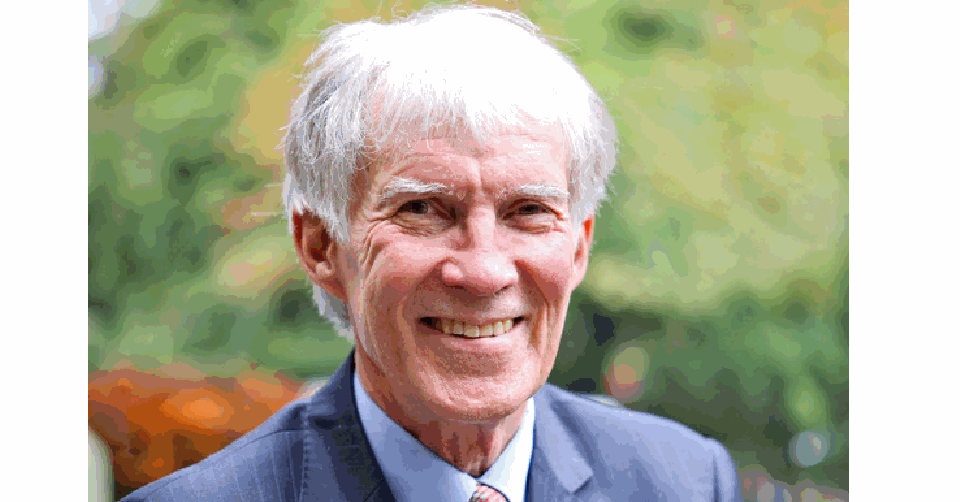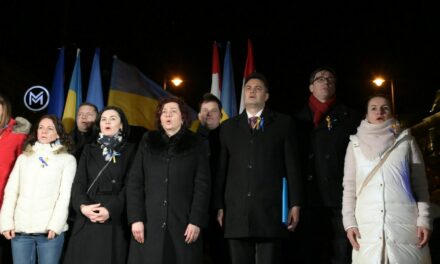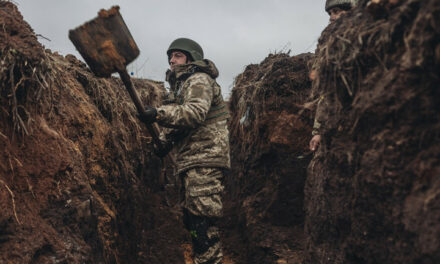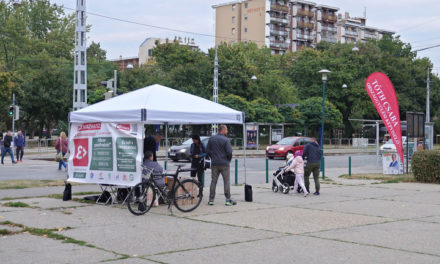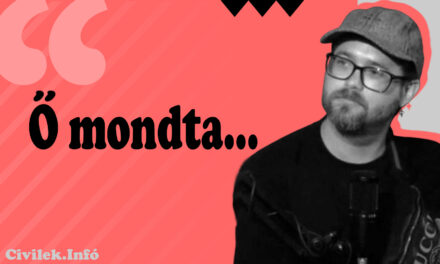The European Commission made a secret study, according to which it took the sanctions decisions too quickly and did it all under political pressure. Magyar Hírlap journalist Péter G. Fehér interviewed Christopher Davis, a professor at Oxford University, at the MCC Budapest Summit international conference organized by the Mathias Corvinus Collegium (MCC).
– I would like to start with a personal question. You are a researcher of the Soviet-Russian economy. Why did you choose this field?
- Around the mid-seventies, we knew very little about the Soviet Union. I was attracted by the unknown, the Soviet planned economy caught my attention. That's why I changed my original idea, because before that I studied third world countries, I lived in Nicaragua and Ethiopia. I went to Cambridge and changed my PhD topic, choosing to study the Soviet planned economy. I had to come up with an original idea, which was what the supervisor who evaluated my PhD thesis - who was an expert on Soviet affairs - expected from me, so I voted in favor of processing the financing of Soviet healthcare. I traveled to Moscow, spent ten months there, learned Russian and immersed myself in the subject. I finished my PhD and got an academic position. I see that I made a very good decision, because the Soviet Union and Russia will always be interesting.
- Despite everything, you have previously published articles about the Russian-Ukrainian economic balance. Did you foresee that there would be a war conflict between the two countries?
"I'm not very good at fortune-telling." Indeed, I dealt with the Russian-Ukrainian economic balance, and I scrutinized the effects on it. In Ukraine, the first break occurred in 2014, there were huge demonstrations on Maidan Square, the legally elected president and government were removed, a new government was formed, and Russia annexed Crimea. The European Union and the United States introduced economic embargoes against Moscow, and the atmosphere of the Cold War returned. At that time, I published a paper in which I explained that there had been continuous war sanctions against Russia since 1917, and yet it had not succeeded in breaking the powerful country. The Soviets reacted flexibly to the sanctions from the very beginning. They built a very clear and transparent system of financing the economy. Two categories were established. A distinction was made between high and low priority sectors. The defense industry fell into the former, healthcare into the latter.
- Do you think this method worked in the long run, was the Soviet Union able to handle the economic challenges during the Cold War?
- I think yes. The Soviet Union became a superpower during the Cold War, to give just one example: it had fifty thousand tanks. The production of so many weapons requires a serious background, and by this time the Soviet Union already existed as an industrial superpower. The defense industry operated as the most significant sector. The Soviet Union produced virtually everything, including civilian products such as automobiles. Moscow did not break, the political, state security and planned economy structure remained unchanged.
- Didn't the Western world foresee that the sanctions against Russia would be ineffective even after the fall of the Soviet power? Why didn't he change his ideas when he decided to apply the penalties again in 2014?
- Based on the above, the United States and Great Britain simply routinely applied sanctions against Russia, but their effect was quite limited, at most they were only symbolic and not deterrent. It was not very reasonable for the West to engage in economic warfare against Russia and to impose multi-stage sanctions against the Kremlin. For example, they wanted to punish the Russians at the government level, but also at a lower level - social organizations, private companies, banks. However, all of this happened based on spontaneous decisions and was not planned. We can safely say that the economic sanctions did not fulfill the ideas of their planners.
The full article of Magyar Hírlap can be read here.
Author: Péter G. Fehér
Picture: Róbert Hegedűs

